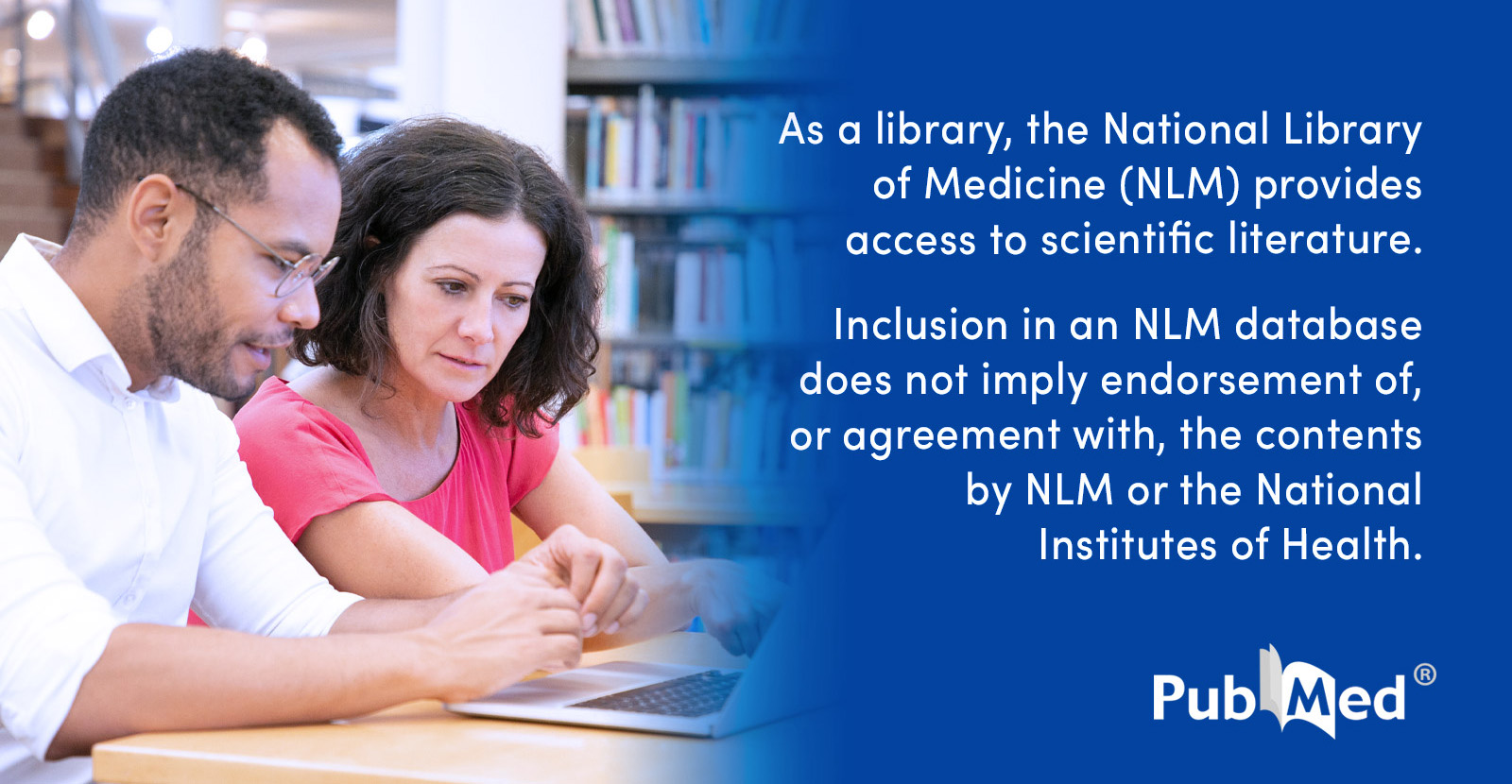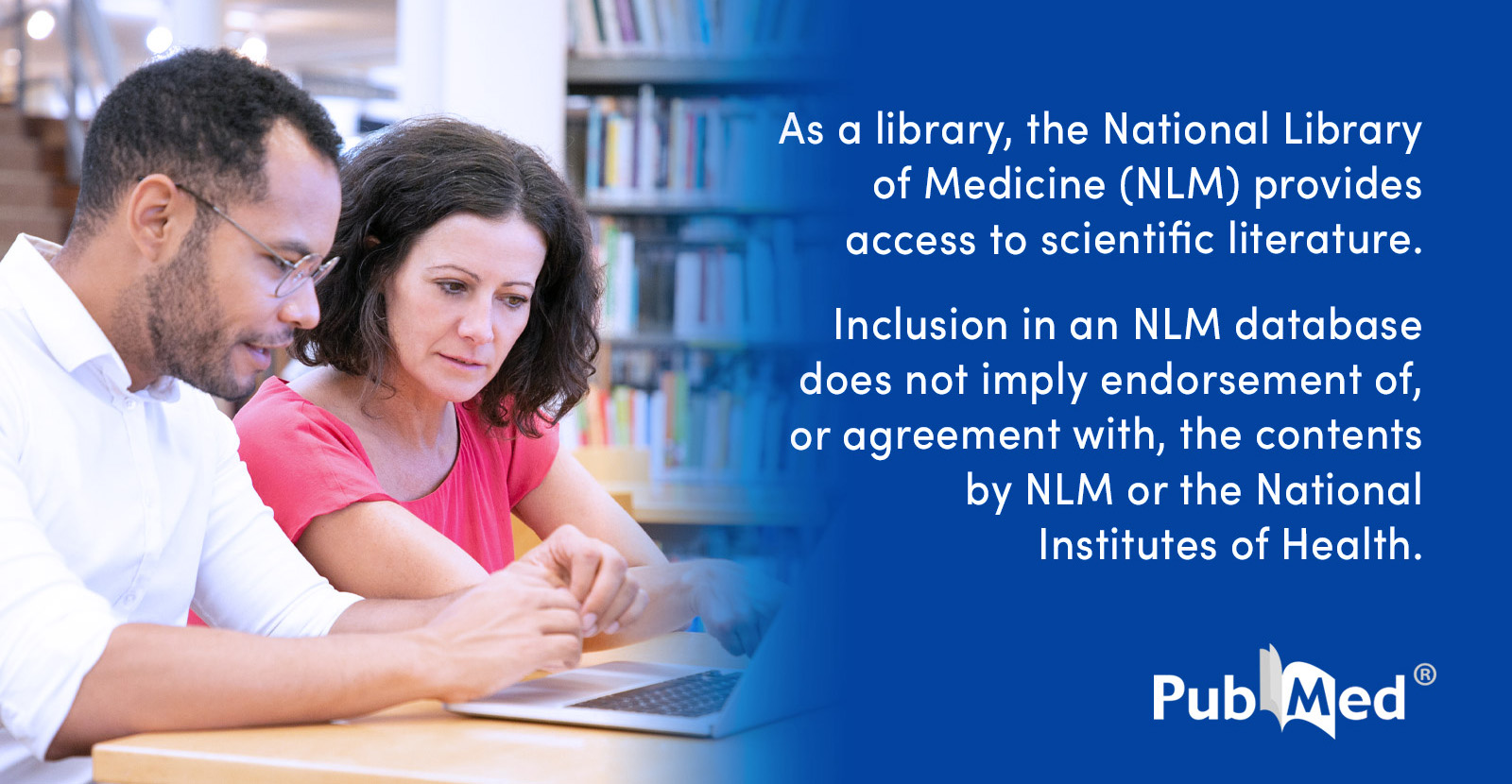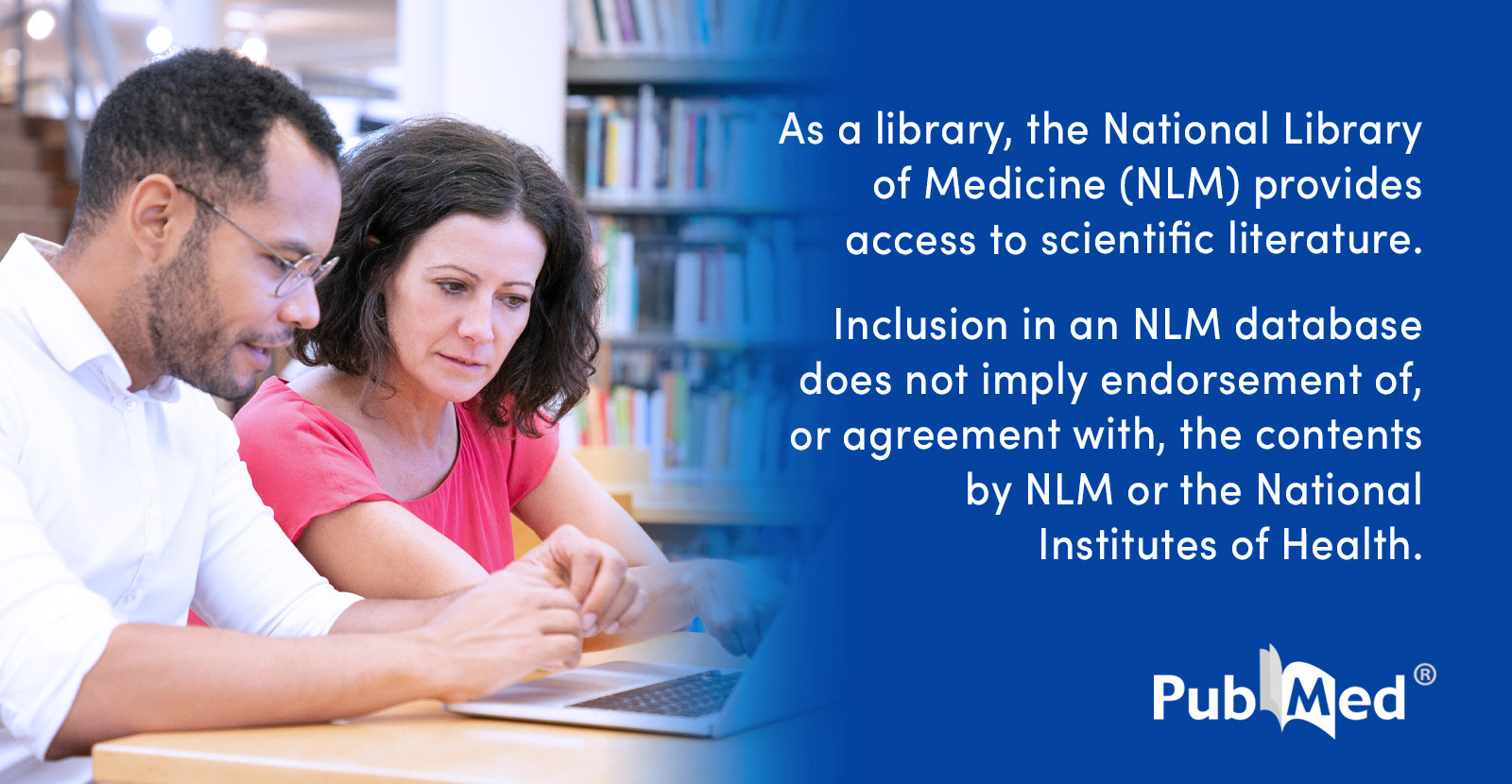
A recent evaluation of an education program administered within a stroke unit has revealed promising results in reducing patient anxiety, despite no measurable improvement in their knowledge about stroke and related healthcare services.
The study assessed the impact of a structured educational intervention provided to stroke patients during their hospital stay. Researchers aimed to determine whether this initiative could enhance understanding of stroke risk factors, preventative measures, and available support services. However, follow-up assessments conducted six months post-stroke indicated no significant improvement in the patients’ knowledge levels compared to those who did not receive the program.
In contrast, a notable outcome was a significant reduction in reported anxiety levels among patients who participated in the program. This suggests that while the educational materials may not have directly increased factual retention, the supportive environment and structured delivery of information helped alleviate emotional stress during recovery.
Stroke specialists underscored the importance of addressing psychological well-being as an integral component of rehabilitation. Anxiety and emotional distress are common in stroke survivors, often hindering recovery and quality of life. Programs that target these aspects, even indirectly through education-focused models, may offer valuable benefits.
Researchers advocate for continued refinement of patient education initiatives. Future efforts might include modifications to improve knowledge retention, such as tailored content, interactive elements, and follow-ups beyond hospitalization.
Overall, this study highlights the potential of hospital-based interventions to positively impact stroke recovery, not just through medical treatment, but also through promoting emotional resilience.
Source: https:// – Courtesy of the original publisher.








